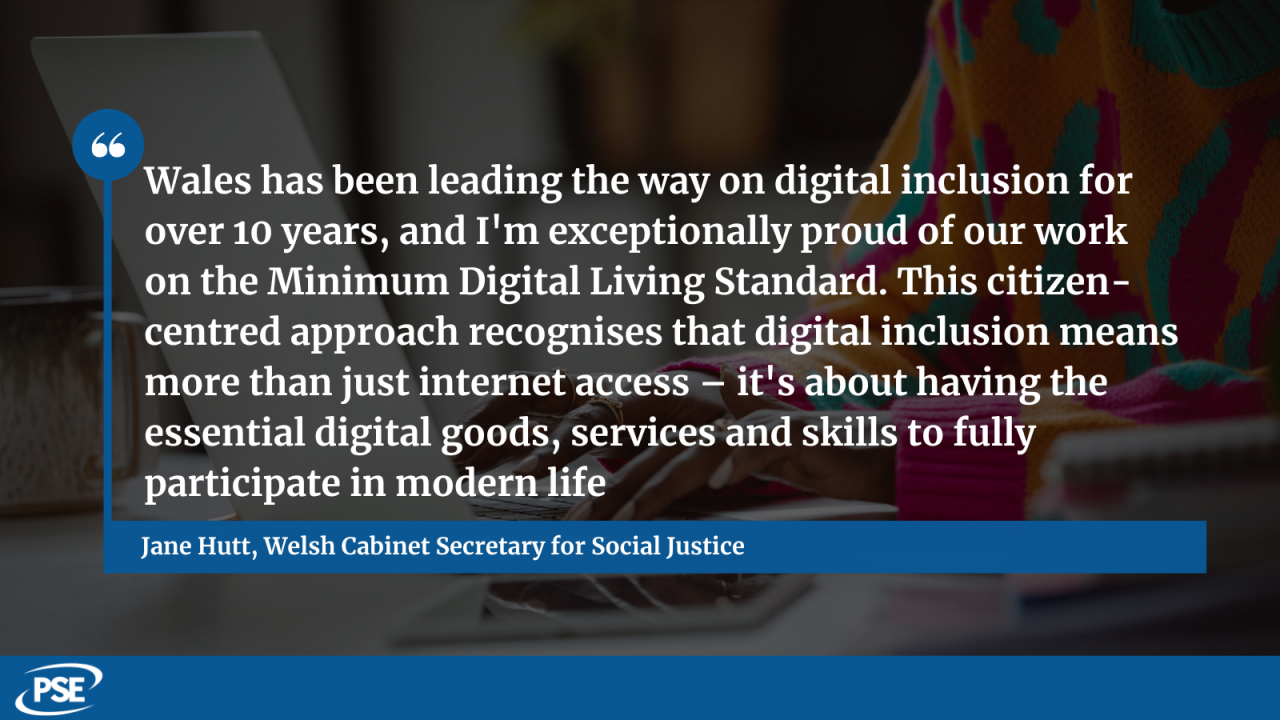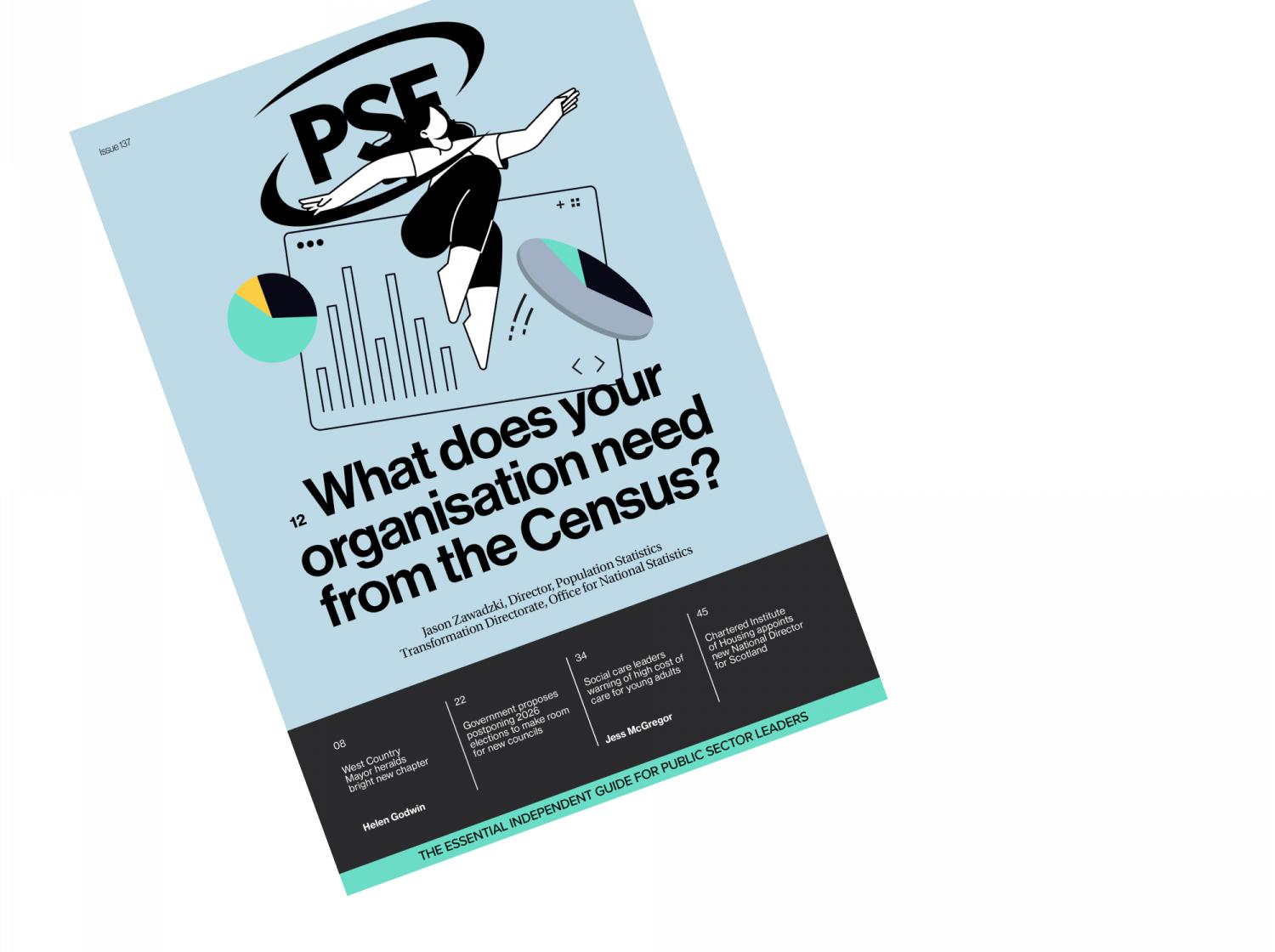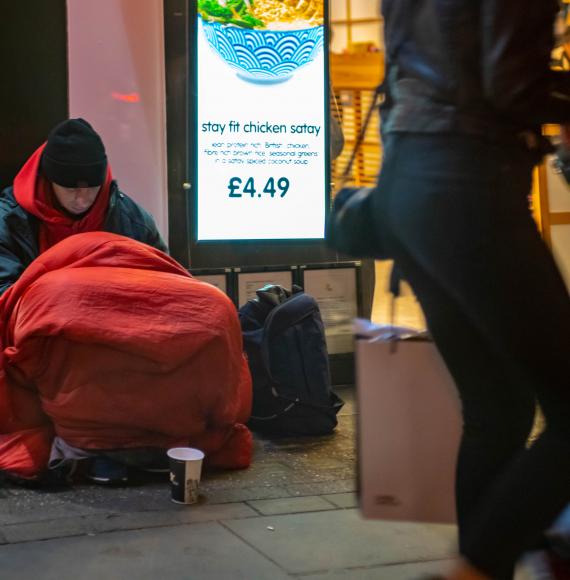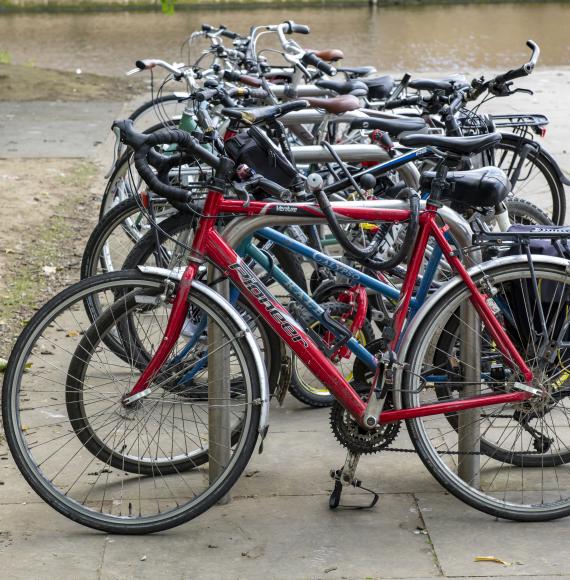More people living in social housing across Wales will soon gain the digital skills they need to thrive in modern society, thanks to the expansion of the Welsh Government’s Minimum Digital Living Standard (MDLS) grants.
The initiative aims to ensure that everyone has the confidence and ability to use digital technology safely and effectively in their daily lives.
Following successful pilot schemes with Monmouthshire and North Wales Housing Associations, the grants are now being extended to more housing providers across the country. The pilots, supported by Digital Communities Wales, offered residents basic digital skills training, helping them overcome fears around online safety and build confidence in using technology.
Workshops delivered as part of the pilot projects have already shown tangible benefits. At North Wales Housing Association, residents learned how to spot online scams and even took part in virtual tours of meaningful places from their past, helping them reconnect with cherished memories while building digital confidence.
Jane Hutt, Wales’ Cabinet Secretary for Social Justice, said:
“Wales has been leading the way on digital inclusion for over 10 years, and I'm exceptionally proud of our work on the Minimum Digital Living Standard. This citizen-centred approach recognises that digital inclusion means more than just internet access – it's about having the essential digital goods, services and skills to fully participate in modern life.
“Digital exclusion often reflects wider inequalities in society. That's why we're taking bold steps to ensure everyone can benefit from digital technology if they choose to.”

The MDLS defines the minimum digital needs for full participation in modern life, as identified by citizens and organisations. It serves as a framework for achieving universal digital inclusion, ensuring that no one is left behind in an increasingly digital world.
The Welsh Government continues to work in partnership with the University of Liverpool, Cwmpas, Loughborough University, and the Good Things Foundation to refine and promote the standard. The goal is to create a sustainable, inclusive digital future where all residents—regardless of age or background—can access the tools and knowledge they need.
This expansion marks a significant step forward in tackling digital exclusion and supporting social housing residents to live more connected, empowered lives.
Image credit: iStock



















